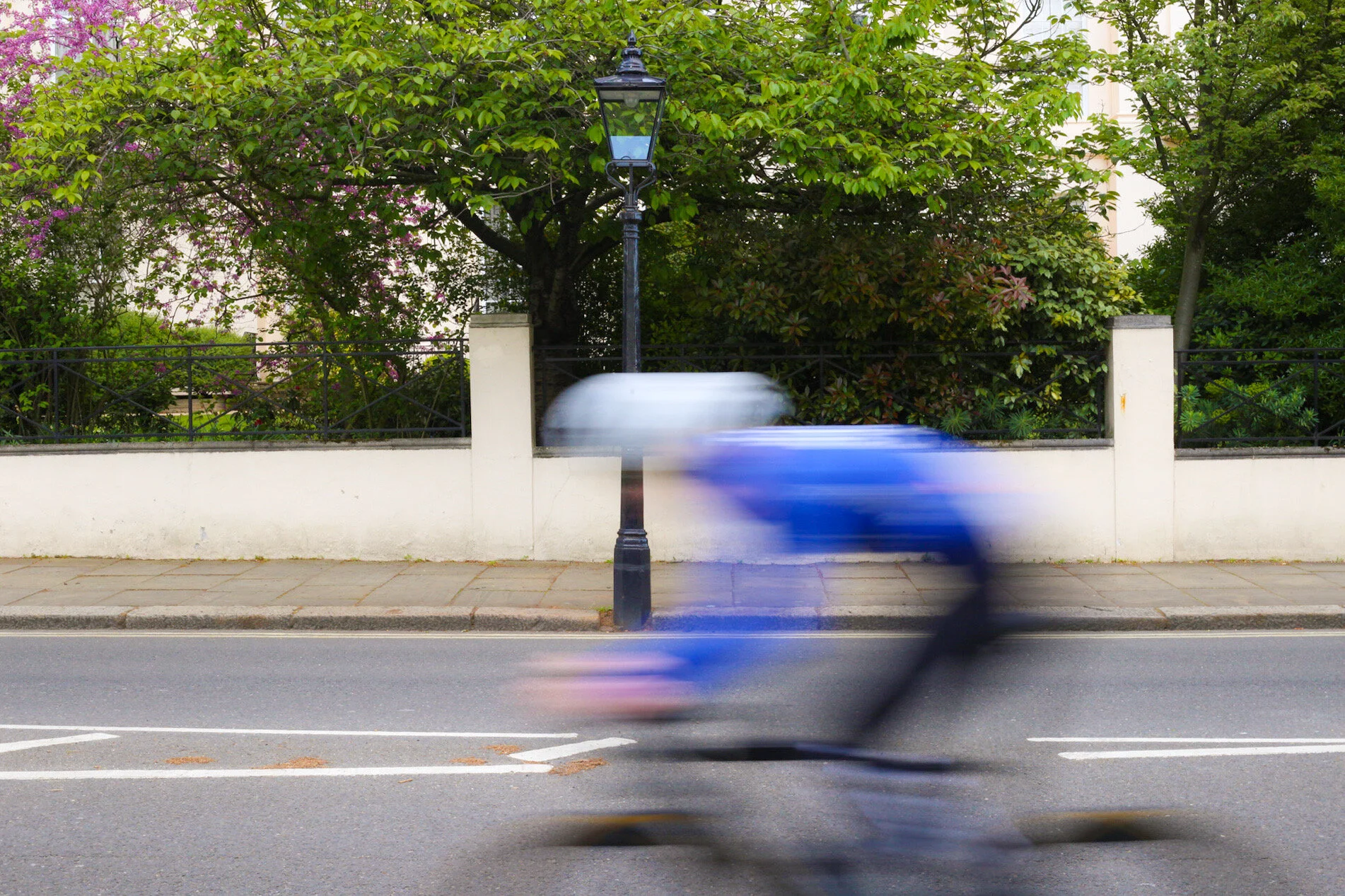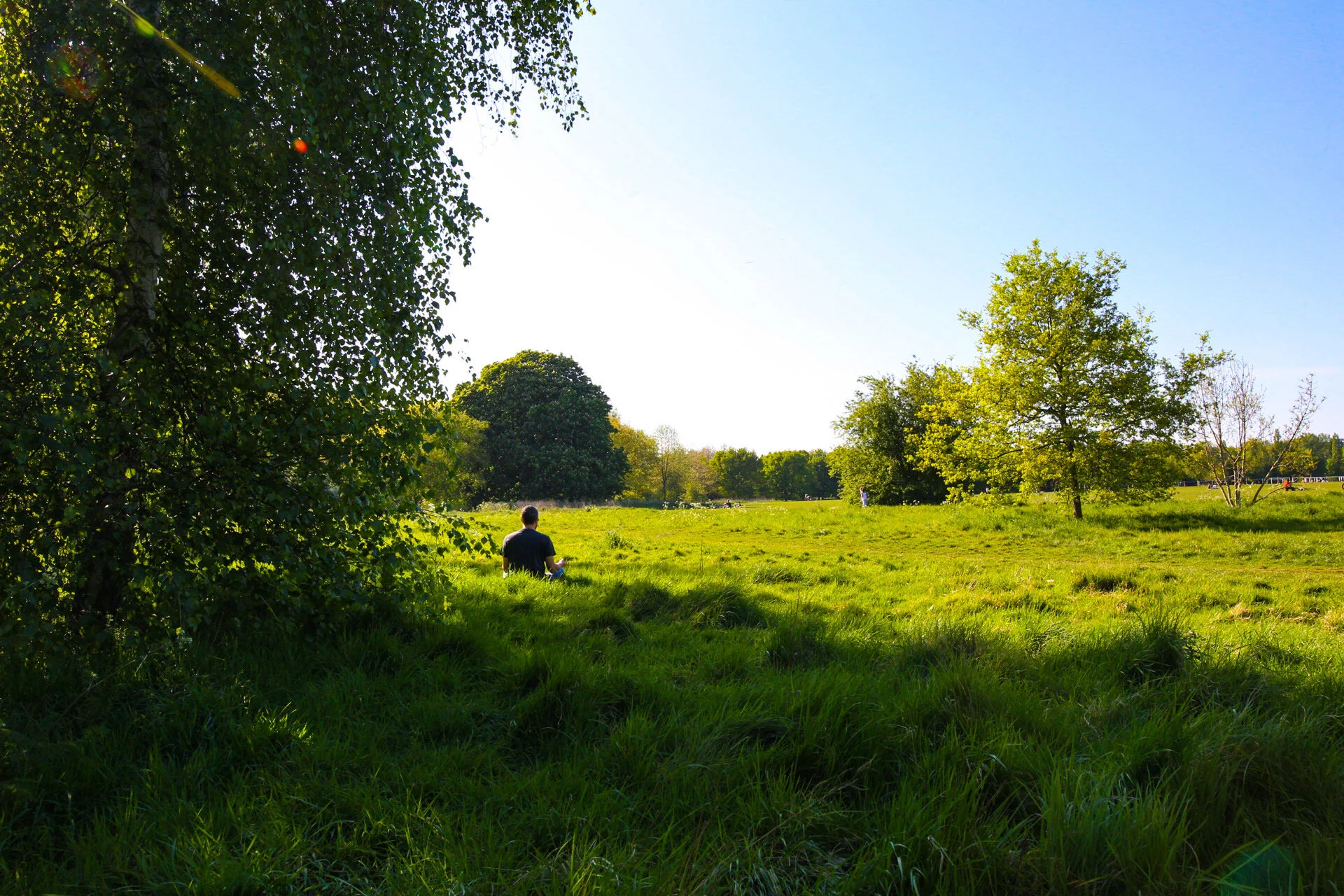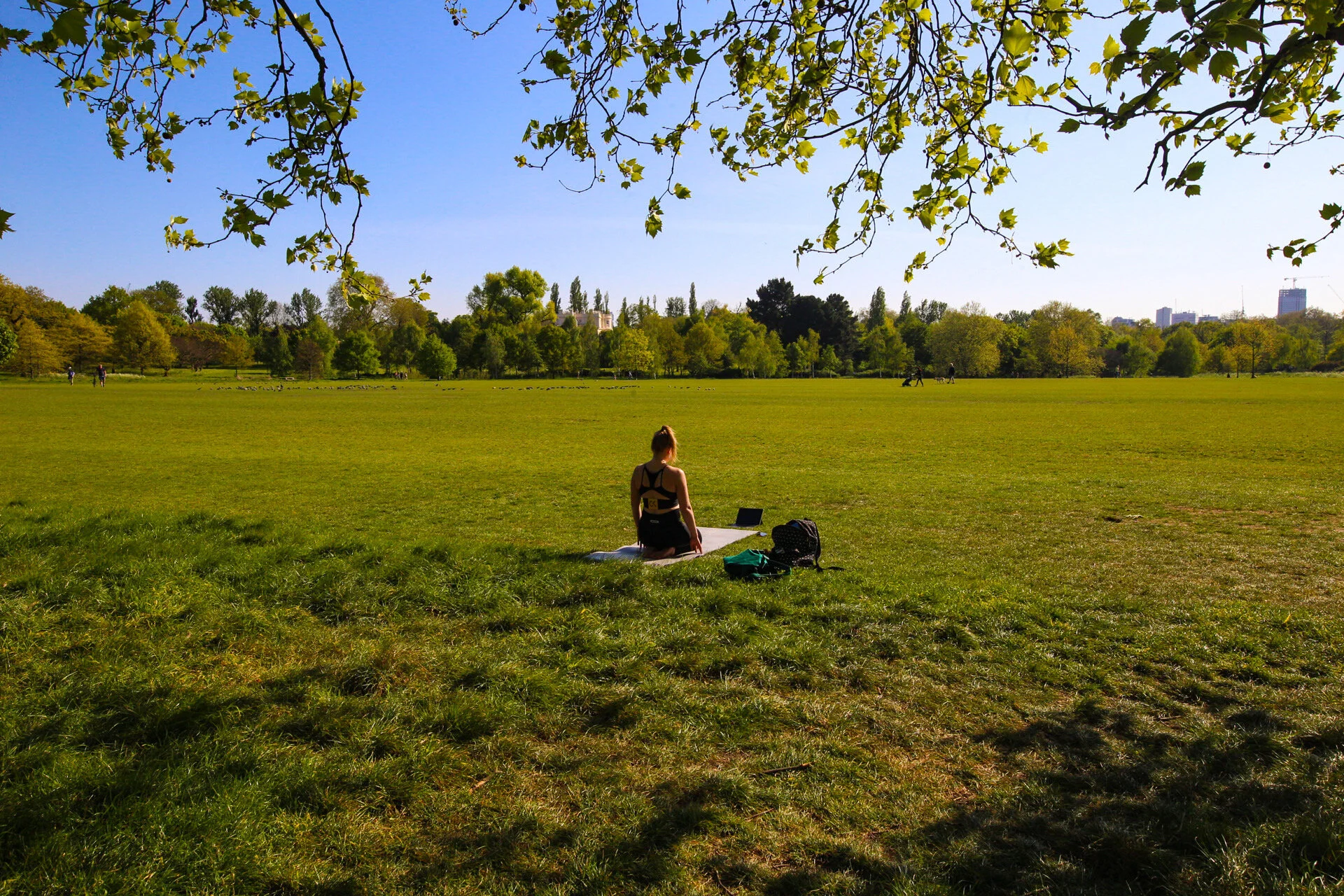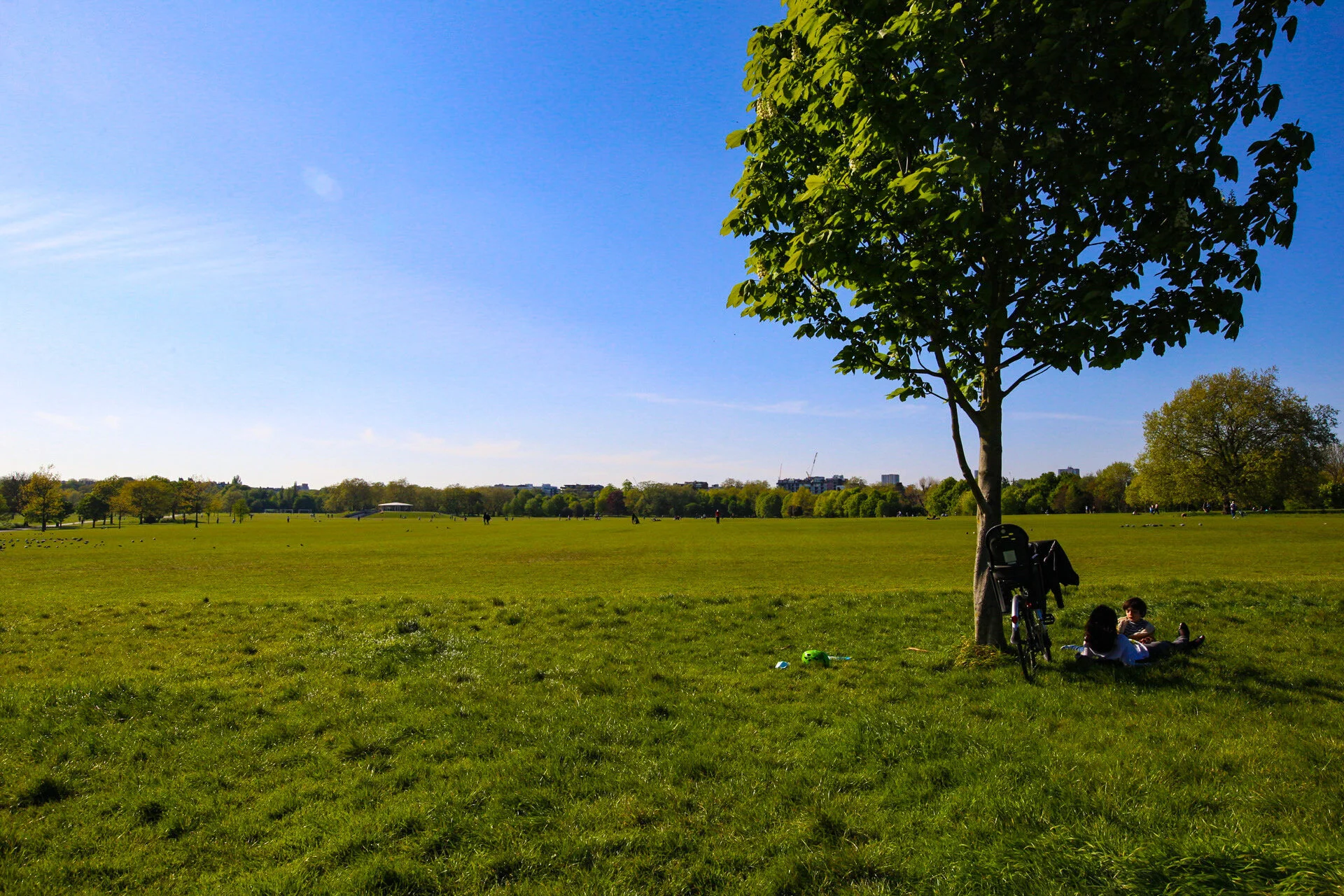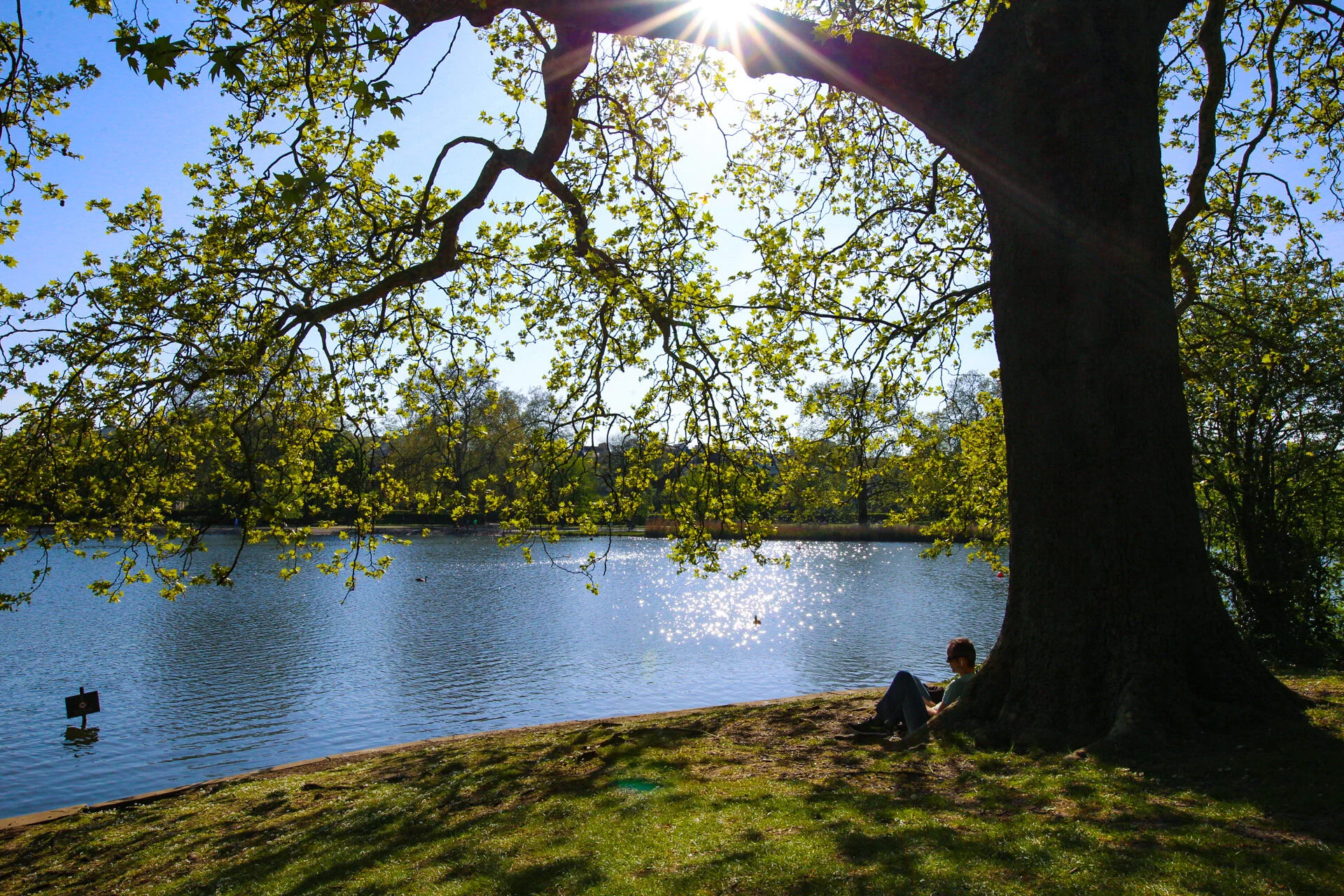
Out of Work
An audio-visual scrapbook
This project undertook to document and analyse the myriad experiences of being “out of work” that arose during the pandemic—both being without a job and also leisure outside of work. Using a combination of audio recording and photography the aim was to produce a multimedia online scrapbook exploring the different types of inoperativity that have emerged.
Since the “Ten Hour Movement” in the early nineteenth century, the trade union movement has been fighting for shorter working weeks and for a better balance between work and leisure. The issue of reducing working time has found focus in recent around demands for a four-day (or 32-hour) working week to allow workers to benefit from increasing automation. The argument typically rests upon that the claim that it would increase productivity while also lowering stress, allowing for more enriching uses of leisure time.
Against this backdrop, the COVID-19 pandemic is having a mixed impact on experiences of work and leisure time, typically deepening existing inequalities between white-collar workers, who are able to work from home, and lower-paid precarious and manual workers, who are facing threats to their health and/or financial security with jobs losses, furloughing, and unsafe working conditions—although this is not entirely straightforward since working from home is also eroding the boundaries between work and play and between work and social reproduction. Time spent “out of work” is therefore assuming a different significance for different types of workers during the pandemic. This project aims to explore the ambivalence and tensions within this syntagma where “out of work” can signify rejuvenating leisure or stifling anxiety, precarity, and indignity. With the introduction of public health measures, we are witnessing a surge of people engaging in leisure activities and healthy outdoor pursuits in green spaces under clear blue skies. At a glance it appears like an idyllic snapshot of a green new future of work, but this “inoperativity” represents a variety of different relations to productivity and of reconfigurations of what it means to be productive, intersecting in fascinating ways with post-Fordist or creative types of labour.
The aim is to use sound and image to develop a form of out-of-workers’ inquiry akin to workerist practices of analysing the organisation of labour power but now focused on issues of play and productiveness in the suspension of work. I find that focusing on sound tends to reveal aspects of everyday experience that can go unnoticed—in this instance, recordings might reveal reconfigured relations to nature and biodiversity and also the changed nature of leisure activities under lockdown conditions. I like to use photos as an analytical tool to frame how the audio recordings are heard, often creating contradictory combinations so as to bring out structural antagonisms in the social field in which I am working (see this project on China’s urban villages, for example). Photos in this project strive to reveal changing relations between work and leisure prompted by the pandemic and visions for an alternative post-COVID future.
The project is funded by a grant from an interdisciplinary Global Research Priorities initiative at the University of Warwick on “Productivity and Futures of Work." Let’s just say I’m hoping to inject a bit of radical left politics into these conversations.

